International
China, Israel and Burma, the countries in the world with the most journalists imprisoned in 2024
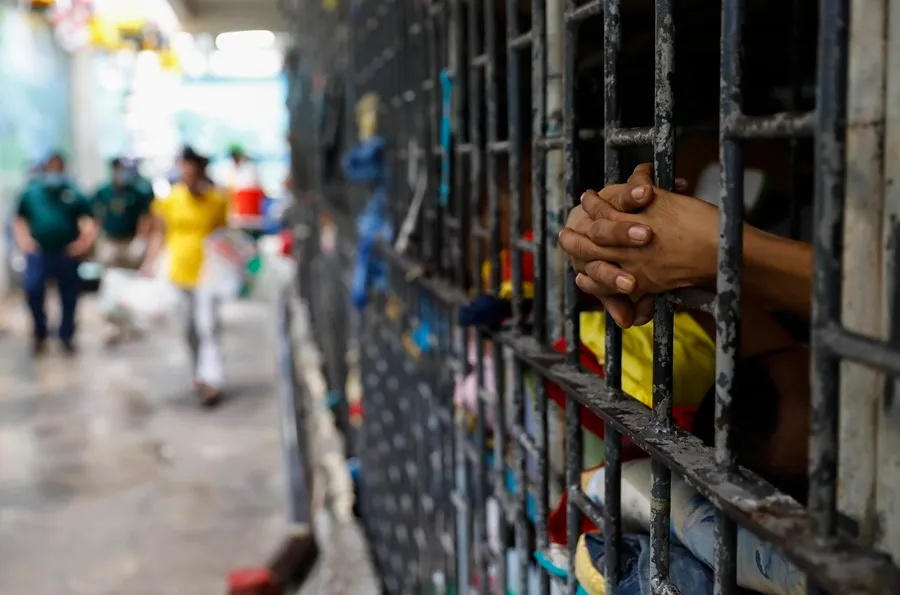
China, Israel and Burma were the countries that imprisoned the most journalists in 2024, a year that, according to the annual census prepared by the Committee for the Protection of Journalists (CPJ) published this Thursday, left at least 361 communication professionals under bars worldwide.
The figure for last year, for which it was counted until December 1, is the second highest since the CPJ has records, and is close to the record of 370 journalists imprisoned in 2022.
Last year, China (50 people), Israel and the Occupied Palestinian Territories (43) and Burma (35) were the places where more journalists were imprisoned for their work, followed by Belarus (31), Russia (30), Egypt (17), Eritrea (16), Iran (16), Vietnam (16) and Azerbaijan (13), according to the CPJ.
“The main causes of imprisonment of journalists in 2024 – the year in which more than a hundred new imprisonments occurred – were continued authoritarian repression (China, Burma, Vietnam, Belarus, Russia), war (Israel, Russia) and political or economic instability (Egypt, Nicaragua, Bangladesh),” explains this organization, based in New York, in its annual report.
Throughout this document, the CPJ recalled that countries such as China, Belarus or Burma usually appear in its classification, and criticized Israel’s role as a jailer of journalists, especially since the beginning of the war in Gaza, on October 7, 2023, more than 15 months ago.
“Israel, a multi-party parliamentary democracy that rarely appeared in the CPJ’s annual prison census (…) catapulted to second place last year by trying to silence the coverage of the Occupied Palestinian Territories,” the organization said.
Politics, human rights and corruption are the thematic areas covered by most of the journalists imprisoned last year, according to the CPJ. A record where sports journalism and crimes/events appear with the least number of professionals under bars.
As for the alleged crimes committed by the communicators, the vast majority was accused of working to attack the Government (228 cases), others were accused of working driven by some kind of ‘reprisals’ (57), of spreading false news (41) or defamation (16), mainly.
In almost half of the cases of the 361 imprisoned journalists, the sentence is still to be resolved; while in 17% of them they were sentenced to sentences between 1-5 years; 15% between 5-10 years; and another 15% have sentences of more than 10 years.
The 2024 CPJ census also shows that 94% of the imprisoned journalists are part of the local press and that they are usually (in 61% of cases) on staff with some of these media.
In addition, 84% of journalists taken to prison last year were men.
Central America
Peru’s ambassador highlights “historic bonds” with El Salvador on Independence Day
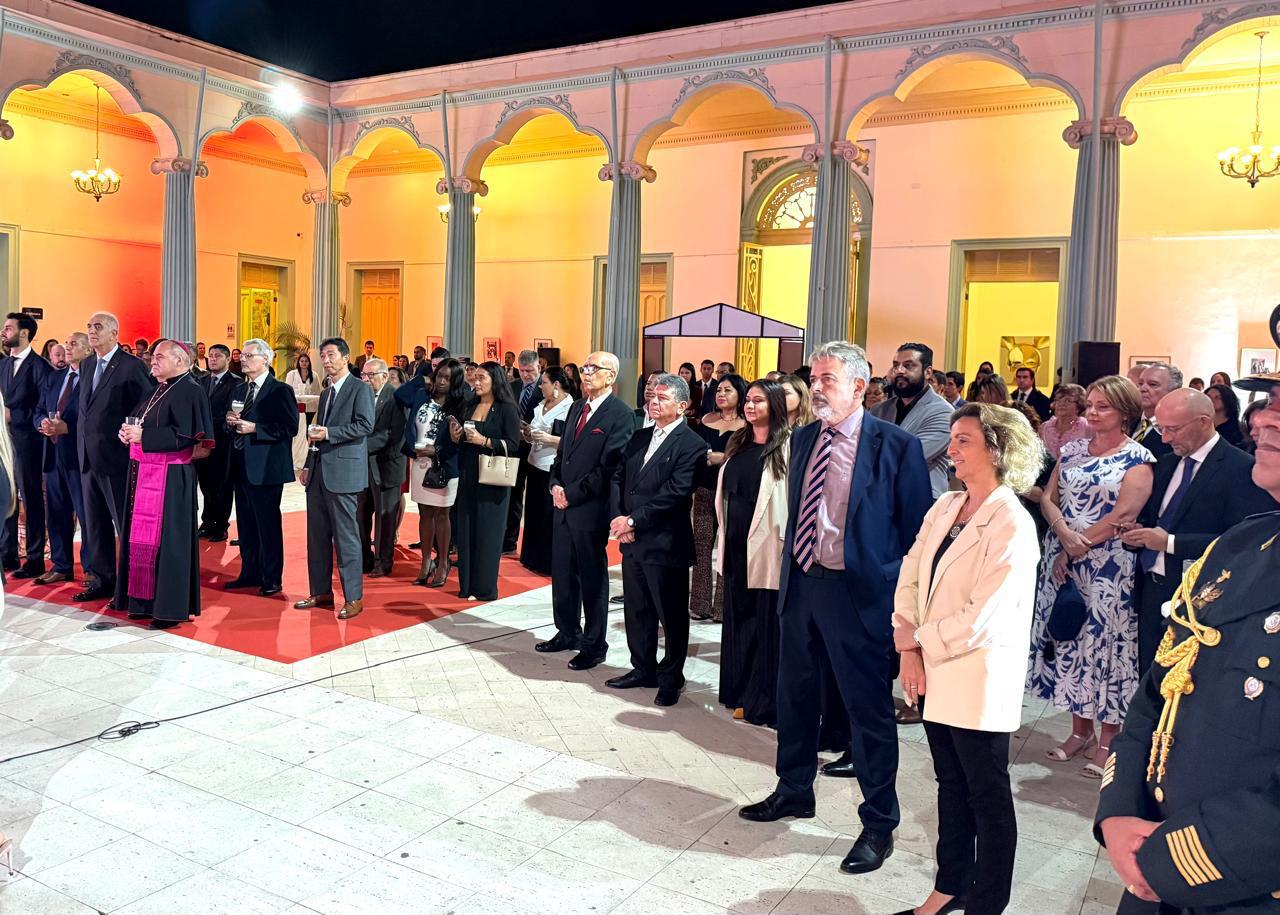
The Ambassador of Peru to El Salvador, Jorge Rosado La Torre, reaffirmed on Monday evening—during Peru’s Independence Day celebration—that Peru “maintains historic ties of friendship, cooperation, and mutual respect with El Salvador” and acknowledged “its firm willingness to continue deepening our bilateral relations.”
Rosado La Torre highlighted the strong relations between El Salvador and Peru at the ceremony held at the Palacio Tecleño de la Cultura y las Artes to mark the 204th Anniversary of Peru’s Independence, proclaimed on July 28, 1821.
“El Salvador and Peru share fundamental principles: respect for the rule of law, the promotion of human rights, multilateralism, and the defense of peace and democracy,” the diplomat said during the event, which was attended by diplomatic authorities, Salvadoran officials, members of the Peruvian community, and friends of Peru.
The ambassador also emphasized that Peru and El Salvador “are also united by cultural, social, and human bonds, which grow stronger every day through joint work and the connection between our societies.”
Rosado La Torre noted that Peru’s Independence Day “not only allows us to celebrate a national milestone but also to strengthen the bonds of brotherhood and cooperation between our peoples.”
International
U.S. and China push for extension of tariff truce after “constructive” talks in Sweden
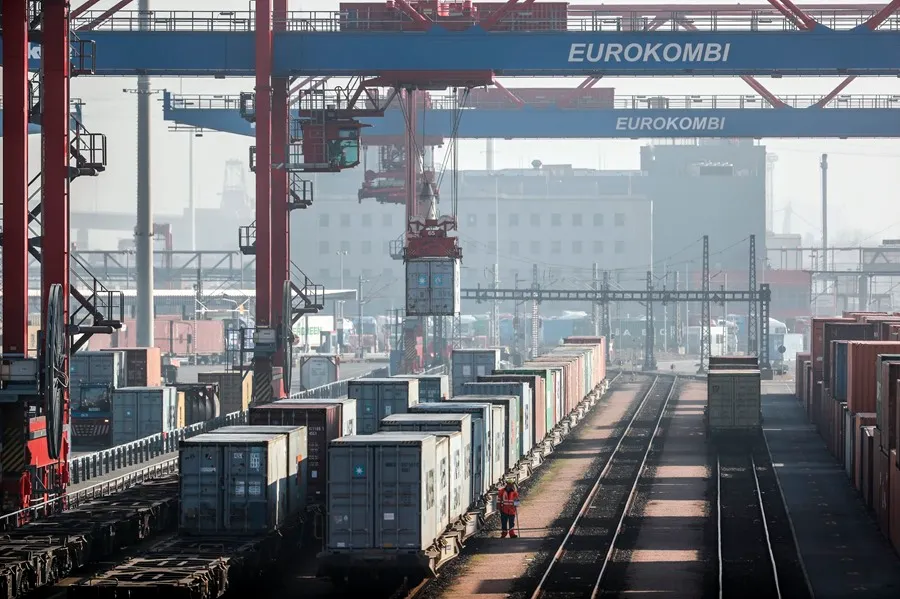
The United States and China “will continue working” to secure an extension of their tariff truce, China’s international trade representative Li Chenggang said Tuesday, according to state news agency Xinhua.
Li’s comments followed negotiations in Sweden with a U.S. delegation led by Treasury Secretary Scott Bessent, describing the talks as “frank, in-depth, and constructive,” Xinhua reported.
The discussions aimed to prolong the 90-day pause negotiated in Geneva in May—set to expire on August 12—which temporarily ended the mutual retaliatory measures that had triggered punitive tariffs. The truce lowered customs duties on U.S. and Chinese goods from 125% and 145% respectively, to a more moderate 10% and 30%, on top of existing tariffs, ahead of Donald Trump’s return to the White House earlier this year.
The U.S. and Chinese delegations—led by Treasury Secretary Scott Bessent and Vice Premier He Lifeng—also exchanged views on key economic and trade issues and pledged to maintain close communication, Li added.
The talks in Sweden came at the start of a crucial week for Trump’s trade policy, as tariffs on most of the United States’ main trading partners are set for a sharp increase on August 1.
International
Trump administration opens civil rights probe into duke university over alleged bias

The administration of U.S. President Donald Trump launched a formal investigation on Monday into Duke Universityand its law journal over alleged “discriminatory practices.”
The Department of Education’s Office for Civil Rights (OCR) opened the probe following complaints that Duke’s law review selection process allegedly awarded extra points to applicants who “referenced their race or ethnicity in their personal statements,” according to a statement from the department.
Based in North Carolina, Duke is the latest academic institution to come under scrutiny from the Republican administration, which has escalated an ideological battle against universities.
Trump has repeatedly claimed that higher education institutions have been “captured by the far left” and has taken action to sanction and ban Diversity, Equity, and Inclusion (DEI) programs aimed at addressing social inequities in admissions and faculty hiring.
Education Secretary Linda McMahon and Health and Human Services Secretary Robert F. Kennedy Jr. sent a joint letter to Duke’s leadership expressing concerns about the use of “racial criteria in hiring, admissions, and scholarship awards,” particularly within the university’s health system.
“I’m proud to partner with Secretary Kennedy to ensure Duke commits to excellence, integrity, and respect for the law in shaping the nation’s future leaders,” McMahon said.
“Granting illegal preferential treatment based on immutable characteristics is an affront not only to civil rights laws but also to the meritocratic nature of academic excellence,” she added.
The decision to investigate Duke comes just days after Columbia University agreed to pay a $200 million fine to settle accusations by the Trump administration of alleged antisemitism.
-

 International5 days ago
International5 days agoChevron cleared to pump oil in Venezuela again, but Maduro won’t see the profits
-

 International5 days ago
International5 days agoClaudia Sheinbaum condemns Gaza famine and urges peace between Israel and Palestine
-
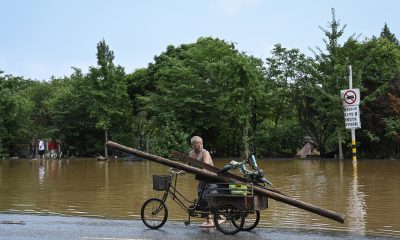
 International2 days ago
International2 days agoFour dead, thousands flee as floodwaters ravage Northern China
-

 International2 days ago
International2 days agoMultiple fatalities reported in Nevada Resort shooting as Police detain gunman
-
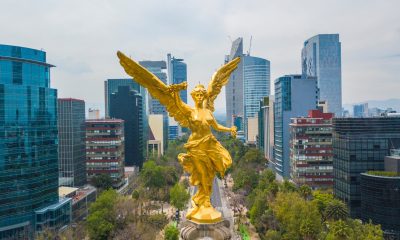
 International4 days ago
International4 days agoMexico launches electronic visa system to modernize and speed up immigration procedures
-

 International4 days ago
International4 days agoColombian Vice President Francia Márquez accuses government of sidelining her role
-

 International3 days ago
International3 days agoMexico City becomes ‘forced waiting point’ as migrant crisis deepens
-
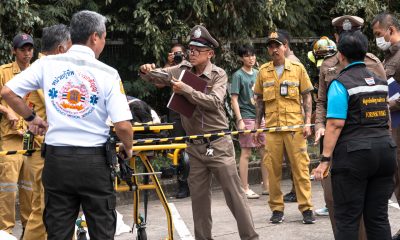
 International2 days ago
International2 days agoFive security guards killed in mass shooting at Bangkok Market
-

 International3 days ago
International3 days agoOpposition still rejects Maduro’s Victory as anniversary of 2024 vote nears
-

 International2 days ago
International2 days agoZelensky praises Trump’s ‘clear stance’ on Russia as ultimatum deadline tightens
-

 International2 days ago
International2 days agoNetanyahu cites historic success against Iran as he pledges relentless Gaza campaign
-
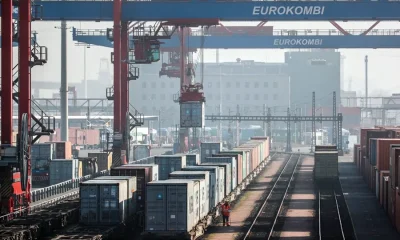
 International21 hours ago
International21 hours agoU.S. and China push for extension of tariff truce after “constructive” talks in Sweden
-
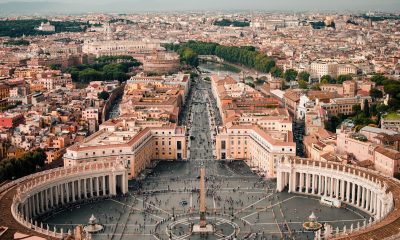
 International2 days ago
International2 days agoVatican reports $72M profit in 2024, boosted by real estate and investments
-

 International21 hours ago
International21 hours agoMedvedev warns Trump after new Ukraine ultimatum: ‘Russia is neither Israel nor Iran’
-

 International2 days ago
International2 days agoHepatitis D declared carcinogenic as WHO urges action to end global crisis
-

 Central America21 hours ago
Central America21 hours agoPeru’s ambassador highlights “historic bonds” with El Salvador on Independence Day
-

 International2 days ago
International2 days agoPeru’s president under fire as she promises crackdown on organized crime
-

 International21 hours ago
International21 hours agoTrump administration opens civil rights probe into duke university over alleged bias
-

 International21 hours ago
International21 hours agoArgentina requests reentry into U.S. Visa Waiver Program during DHS chief’s visit
-
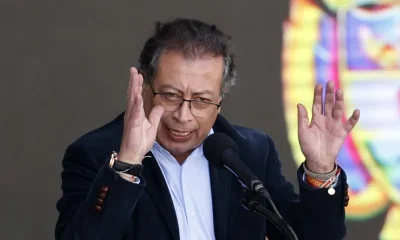
 International21 hours ago
International21 hours agoPetro accuses Marco Rubio of undermining colombia’s sovereignty over Uribe comments






















